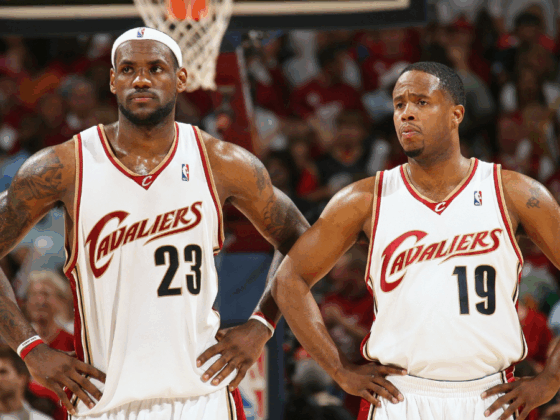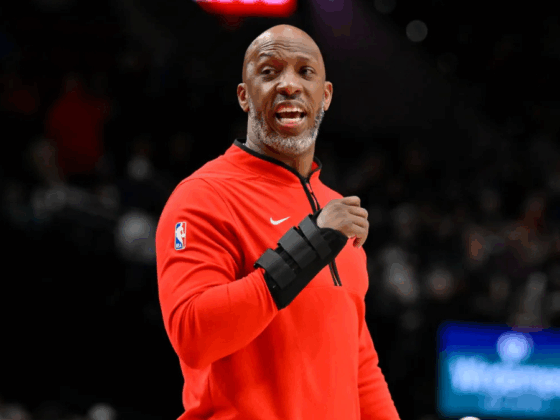
According to Zach Lowe of Grantland, the NBA is spending money on researching wearable GPS devices from two companies named Catapult and STATSports. The end goal of the research is to be able to have players wear them over the course of the season to analyze their bodies and movements.
The main benefit of outfitting players with these small chips would be to track potential injuries and fatigue in players over the course of a long season. Lowe writes in his article that the Warriors actually used Catapult devices in practice last season and decided to rest Steph Curry and Klay Thompson after they showed extreme fatigue according to the technology. The GPS devices are seemingly very high-tech, allowing users to determine where and when an injury risk is present:
The devices can show, for instance, that a player gets more oomph pushing off his left leg than his right — evidence of a possible leg injury. They will show when players can’t produce the same level of power, acceleration, and height on cuts and jumps. Those are typical signs of fatigue, but there is near-total consensus among medical experts that fatigued players are more vulnerable to all sorts of injuries — including muscle tears, catastrophic ligament ruptures, and pesky soft-tissue injuries that can nag all season.
Clearly, it would be of great benefit for players and teams to know of injury risks in order to keep the athletes as fresh and healthy as possible. In the most extreme cases that could even lead to extended careers for some. There is one potential drawback to using the GPS devices, however, and that is the ability of teams to use data obtained from them as leverage in contract negotiations with a “risky” player. According to Lowe, NBA players’ union executive director Michele Roberts has expressed her concern with that aspect of the process. Nevertheless she has also supported the research, and depending on the availability of the data to players and their representatives, there is a good chance that the players’ union will approve of wearing the devices in game in the next collective bargaining session.







